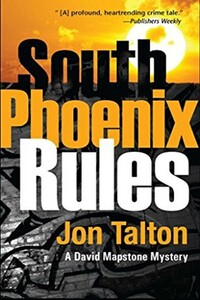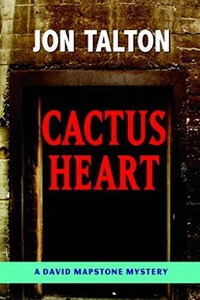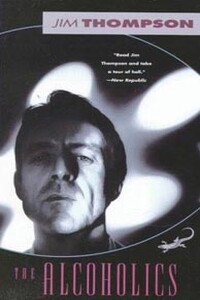The Pain Nurse | страница 35
She walked slowly back to the flower beds that stood beside the house. It was unmistakable, two footprints dug deep into the soil, just behind the hedge that stood at the corner of the house. They might as well have been the first footprints on Mars for the primal force with which they hit her. They were large footprints, fresh since she had cleared out the leaves. Someone had been standing there, easily concealed by the hedge. Since Christine had been murdered. Standing there where he could look through the large bay window into her living room.
Chapter Nine
The city rolled out beneath his feet, the bare, black trees thick on hills tumbling down to the Ohio River, the sky a dirty white blanket. Landmarks sprouted comfortingly: Carew Tower, a baby Rockefeller Center, dominating the jewel box of downtown skyscrapers, just as it had all of Will’s life, all his parents’ lives. The massive deco band-shell shape of Union Terminal stood against the Western Hills. The tower of St. Peter-in-Chains Cathedral. Closer in, the huge windows of the hospital solarium gave him a view of the crescent of tilting roofs of 150-year-old row houses, punctuated by all manner of church steeples. The vast rail yards connecting north and south ran along Mill Creek, and, beyond them, stood the old neighborhoods of the Germans and the Appalachian briars. All the green was drained out of the hills.
Down the hill was Over-the-Rhine, the old immigrant German neighborhood. The Germans were long gone and it was one of the toughest ghettos in the Midwest, a fact barely belied by its impressive architecture and dense, mystical streets. Many of the buildings had been left to rot and drug dealers ran the street corners. The mentally ill homeless roamed the sidewalks and camped in decaying Italianate landmarks. Years before, the city had stowed most of the social services in OTR. Tote up all the calls, all the cases, and Will had spent years of his career there. Main Street and a few other places were being gentrified and celebrated in the newspapers. Soon all those grand old row houses would be restored and gleaming, they said. But Will knew something the white chamber of commerce types didn’t: OTR was defiantly black territory. Lots of hardcore Over-the-Rhine residents regarded the renovations and teardowns and Saturday night bar traffic by the westside white kids as an invasion. Cross Central Parkway south and you were in the white territory of downtown. But the north side of Central Parkway was an invisible boundary.



